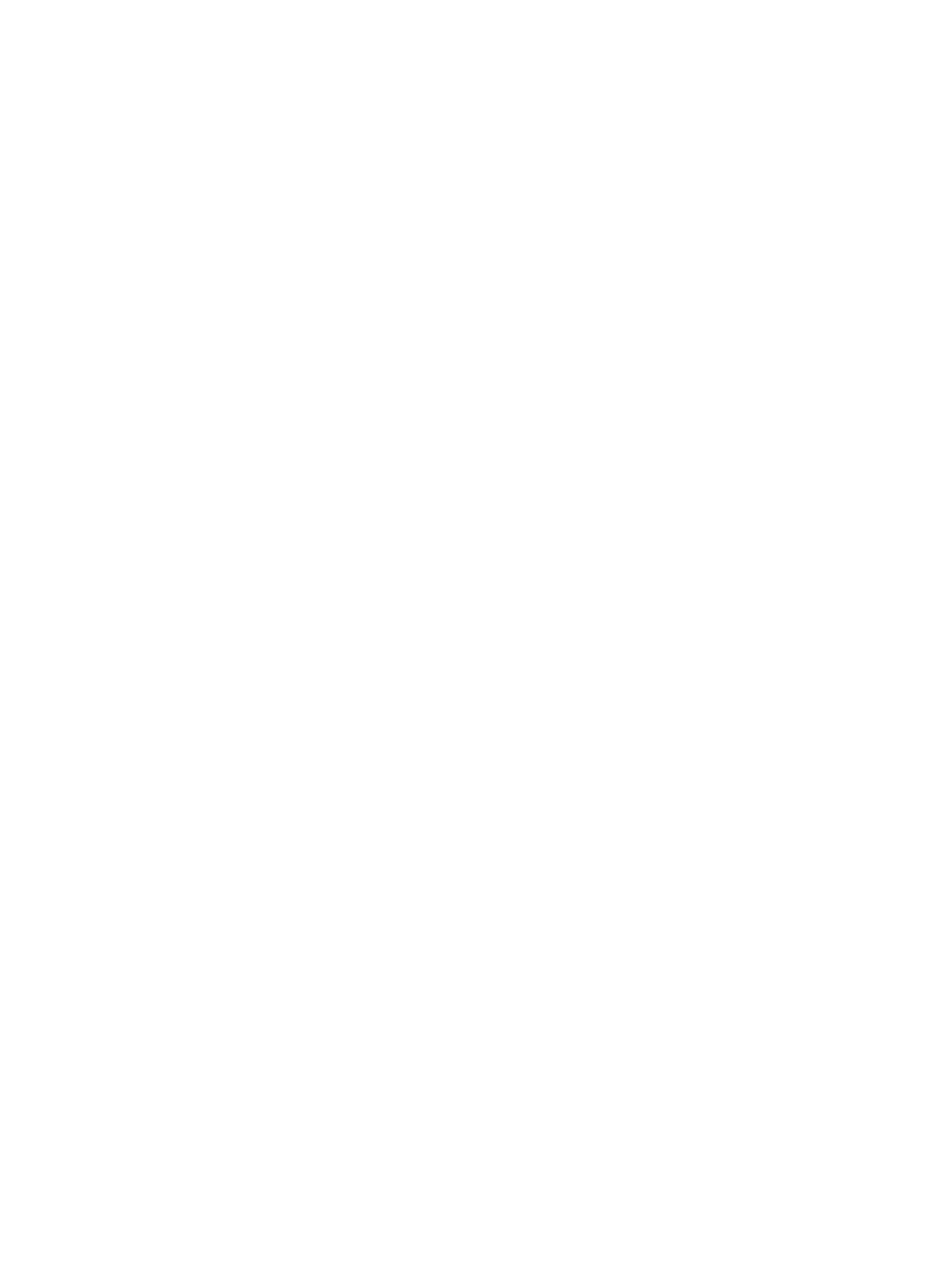

263
臺大管理論叢
第
28
卷第
1
期
management, and material weaknesses are more likely to be disclosed at the fourth
quarter, when auditors are on-site and have experience with internal control audits (Bedard
and Graham, 2008; Hammersley, Myers, and Shakespeare, 2008).
Further, some studies indicate that the disclosure incentives of control systems are
associated with firm size, corporate governance, ownership structure, and firm growth
(Bronson, Carcello, and Raghunandan, 2006; Deumes and Knechel, 2008). Even if
internal control weaknesses are actually discovered, some managers may lack incentives
and be unwilling to report internal control problems. Auditors are regarded as an effective
monitoring mechanism for corporate governance (Becker, DeFond, Jiambalvo, and
Subramanyam, 1998). A survey conducted by the SEC indicates that investors regard
auditor attestation of internal controls as an important measure in evaluation of internal
control systems, given the auditors’ expertise and independence (SEC, 2009b). We argue
that managers may feel compelled to disclose truthful weaknesses in their internal control
systems if their disclosures must be verified by external auditors under SOX 404. As a
result, the requirements of auditors’ involvement in public ICFR reporting might help both
the discovery and disclosure of underlying internal control weaknesses.
In sum, the additional management documentation and auditor scrutiny over ICFR
required by SOX 404 may help in the detection and disclosure of underlying internal
control problems and thus reduce the incidence of Type II errors. This finding leads to our
Hypothesis 1a.
Hypothesis 1a: The implementation of SOX 404 reduces Type II errors, measured as
the likelihood that a restatement company fails to conclude that its
internal control system is ineffective for the restated period.
Doyle et al. (2007a) have found a negative relation between disclosed internal control
weaknesses and accruals quality under the SOX 302 regime; however, they found no such
relation under the SOX 404 regime. Beneish, Billings, and Hodder (2008) have found that
unaudited SOX 302 weakness disclosures are associated with negative abnormal returns,
whereas audited SOX 404 disclosures are not. Both of the studies suggest that the auditor
attestation required by SOX 404 results in a lower threshold for disclosures under the
SOX 404 regime compared with those under the SOX 302 regime. We argue that required
signatures of auditors on opinions regarding ICFR may make auditors unduly cautious in
identifying material weaknesses, and their low effectiveness thresholds for material


















